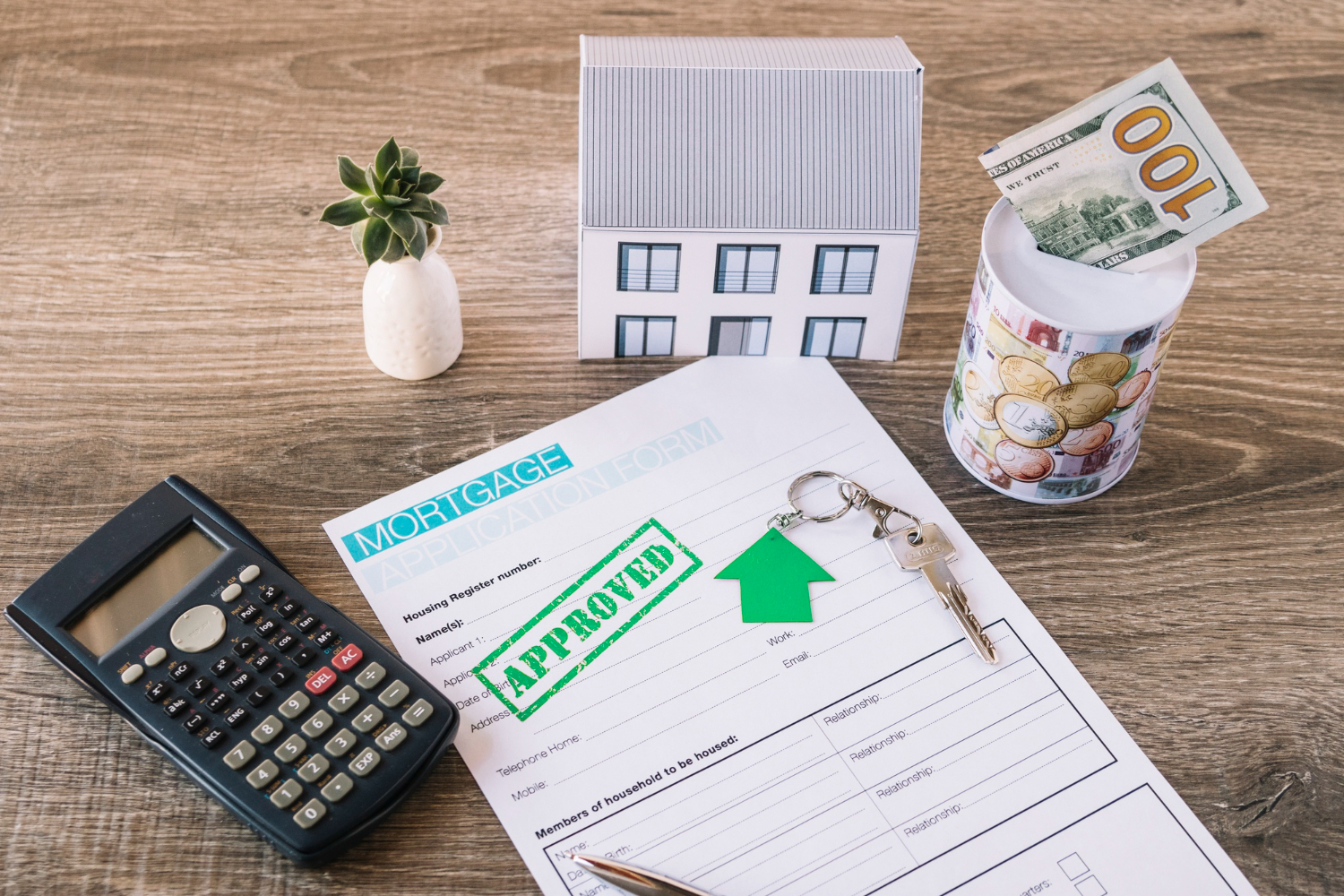In Australia, the aspiration for homeownership is a widespread topic, frequently discussed at family gatherings, office conversations, and beyond. However, amidst these discussions, there often exists confusion or misconceptions that can further bewilder potential homebuyers.
In today’s article, we at Navanti Finance aim to address a crucial aspect that should serve as the foundation of every home-buying venture – how to budget for your next property purchase. Here, we present the essential key points to equip you with the necessary knowledge right from the outset of this exciting journey:
1. Deposit Required
Determining your required deposit is crucial for your property purchase journey. Lenders base their borrowing ratio, known as Loan-to-Value ratio (LVR), against either the property purchase price or the bank’s valuation, whichever is lower. If you’re seeking to borrow 80% of the property’s value, your deposit must cover the remaining 20%, along with additional costs such as:
- Stamp duty
- Transfer of land costs
- Mortgage registration fees
- Legal expenses and other cost
Stamp duty varies by state, and first home buyers may qualify for concessions. Explore more on state revenue websites for VIC, NSW, QLD, WA, SA, TAS, ACT, and NT.
While 20% deposit is ideal, we’ve helped buyers with as little as 5%. Budget for Lender’s Mortgage Insurance (LMI) or explore government grants for first home buyers. Reach out for a detailed discussion on your options.
2. Borrowing Capacity
After determining your deposit for the property purchase, the next step is to assess whether your current income can service the required borrowing amount. This involves a detailed examination of your income, liabilities, and ongoing expenses by the lender, including:
- Details of your income, including type and amount (e.g., salary or self-employment income)
- Other sources of income, such as rental income from investment properties
- Information on your existing liabilities, such as property loans, personal loans, car loans, and credit card debt
- Breakdown of your ongoing expenses, covering essentials like food, transportation, utilities, and housing costs
By partnering with us, we’ll guide you through this process and compare your maximum borrowing capacity across different lenders, as their calculations may vary.
If you’re self-employed, we’re also happy to liaise with your accountant to assess your overall business financial performance, helping to maximize your borrowing capacity as needed.
3. Hidden Cost
In addition to the obvious expenses of property purchase, there are several lesser-known costs that can catch homebuyers off guard and impact their budget. Here are some common hidden costs to consider when planning your next property purchase:
- Building and Pest Inspection: Depending on the property’s condition, a building and pest inspection can uncover potential issues that may affect your decision to buy. Be sure to factor this cost into your budget.
- Bills and Outgoings: These include expenses like council rates, land tax, strata/owner’s corporation fees, and water charges. If the current owner has paid these in advance, you’ll need to account for them on a pro-rata basis at settlement.
- Home Insurance: Building insurance is typically mandatory as part of the loan agreement. Consider also insuring your home contents for added peace of mind.
- Maintenance and Repairs: Even new properties may require urgent maintenance or repairs. Set aside a budget for unexpected issues that may arise after purchasing the property.
- Moving Costs: Whether hiring professional movers or doing it yourself, moving expenses can add up quickly. Be sure to budget accordingly if you’re purchasing a new home to live in.
Beyond these immediate costs, it’s essential to consider your savings after settling into your new property. You may need to budget for new furniture, a second car if your commuting needs change significantly, and other unforeseen expenses.
At Navanti Finance, we’re passionate about helping you navigate the complexities of property purchase. We understand that everyone’s situation is unique, and we’re here to discuss your plans in detail to help you budget effectively for your next property purchase. Let’s sit down and explore your exciting journey together.



